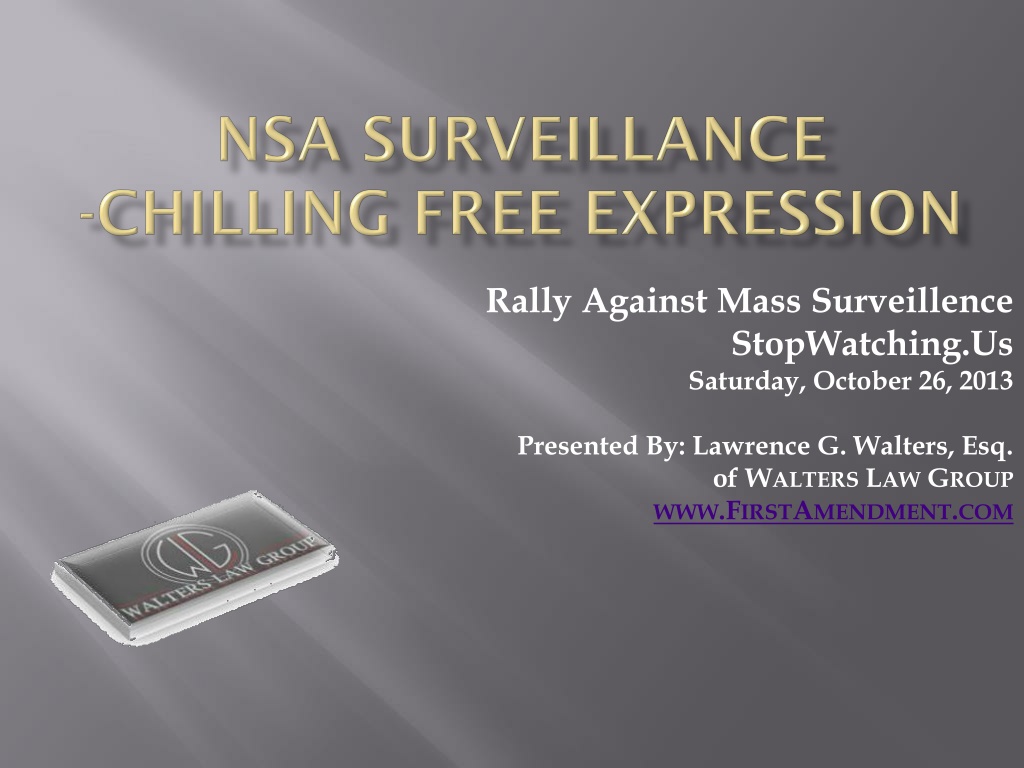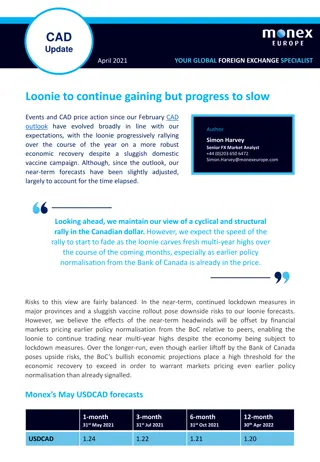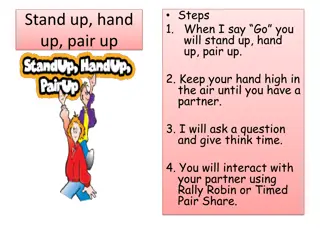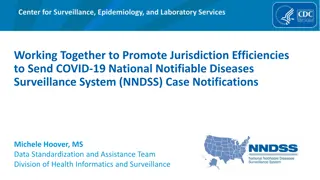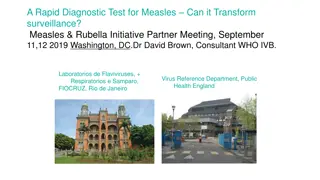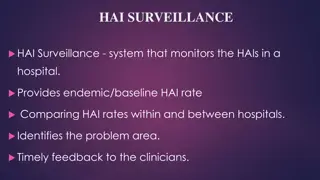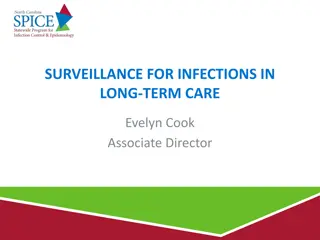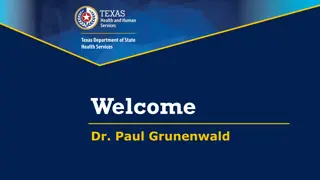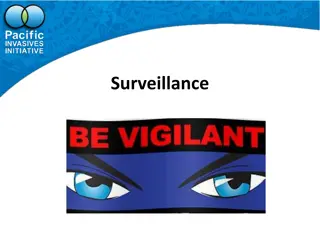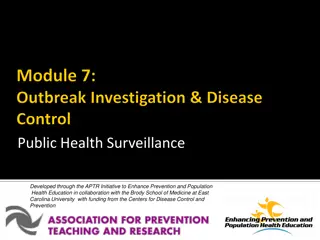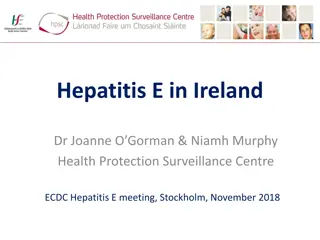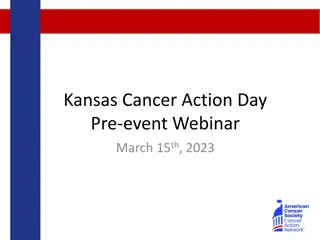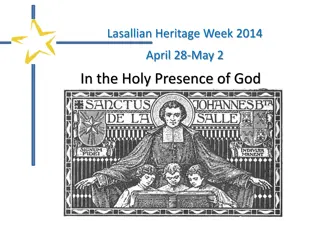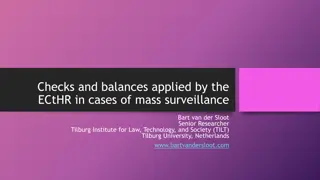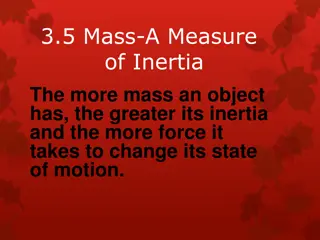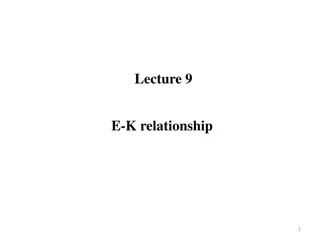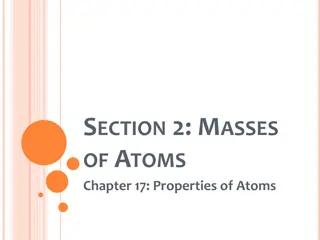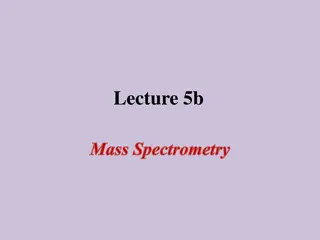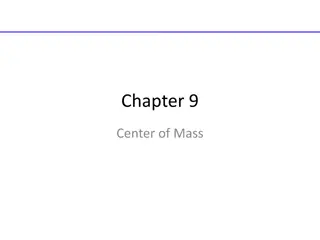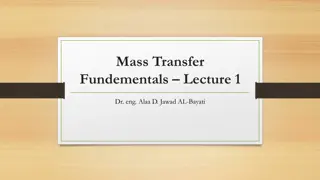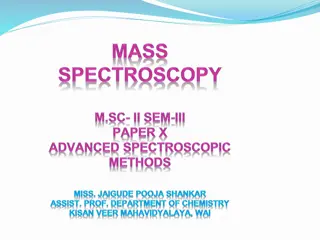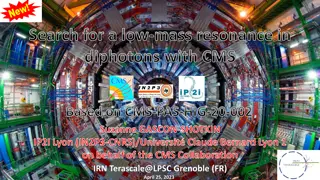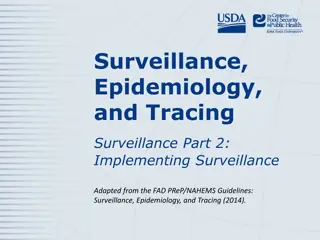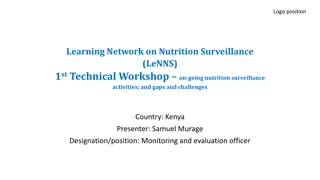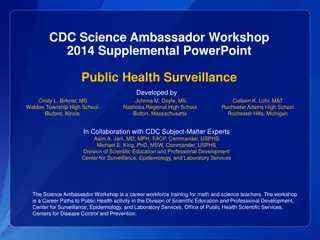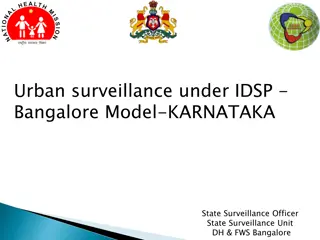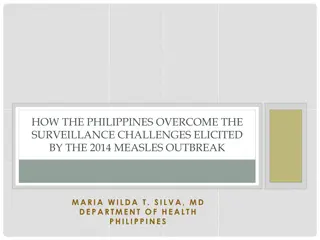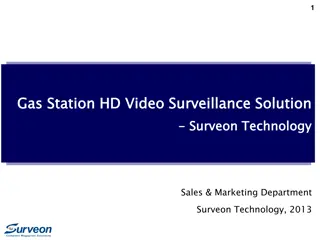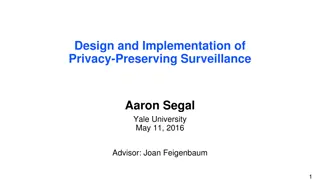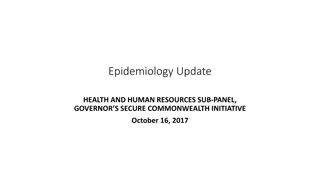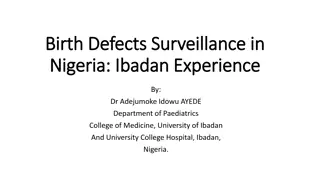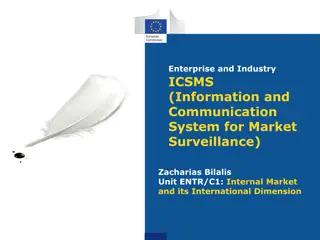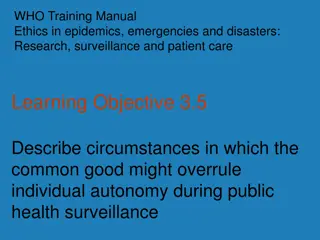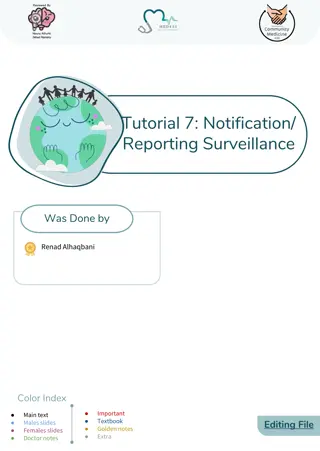Rally Against Mass Surveillance - StopWatching.Us Event Summary
Edward Snowden's revelations exposed government surveillance on citizens, sparking a rally against mass surveillance on October 26, 2013. The ACLU supports Snowden as a whistleblower, while NSA officials criticize him. The event highlights concerns over privacy, government overreach, and the collection of vast amounts of personal data by various entities. The debate on privacy and security continues amidst legal protections and challenges to surveillance programs.
Download Presentation

Please find below an Image/Link to download the presentation.
The content on the website is provided AS IS for your information and personal use only. It may not be sold, licensed, or shared on other websites without obtaining consent from the author. Download presentation by click this link. If you encounter any issues during the download, it is possible that the publisher has removed the file from their server.
E N D
Presentation Transcript
Rally Against Mass Surveillence StopWatching.Us Saturday, October 26, 2013 Presented By: Lawrence G. Walters, Esq. of WALTERS LAW GROUP WWW.FIRSTAMENDMENT.COM
Edward Snowden uncovered what many feared to be true. Our government was spying on its own citizens, and intercepting their communications. ATT& Verizon have essentially opened their systems to the NSA investigators. Facebook, Microsoft & Google have cooperated at some level, but deny any back door access. Request release of FISA opinions.
ACLU SAYS SNOWDEN IS CLEARLY A WHISTLEBLOWER UNDER FEDERAL LAW NSA CHIEF (FORMER) MICHAEL HAYDEN SAYS SNOWDEN IS MORALLY ARROGANT AND WILL END UP AN ALCOHOLIC
* Federal law protects "any disclosure" that a covered employee reasonably believes evidences "any violation of any law, rule, or regulation," or "gross mismanagement, a gross waste of funds, and abuse of authority, or a substantial and specific danger to public health or safety. * Lawmakers have called the NSA domestic spying program incredible troubling and an overbroad interpretation of the Patriot Act.
Content of emails. (WSJ.com) Metadata of phone calls. (Id.) Google / search engine searches (A.P. Post) Content of phone calls (WSJ.com.) Credit Card Transactions In 2011 the NSA database contained 180 million records, with 84 percent of those being credit card transactions details. (Snowden leak) Used by NSA s Follow the Money (FTM) Branch. 75% of All Internet Traffic (WSJ.com)
Bluffdale, Utah data center will have the ability to collect all worldwide electronic communications and transactions
One million square feet in size Power bill: $70 million per year. Storage estimates range from yotabytes (Wired) to 5 zetabytes of data, which can be stored indefinitely. (NPR) Conversion: yottabyte = 1,000 zettabytes = 1,000,000 exabytes = 1 billion pettabytes = 1 trillion terabytes. The entire internet is only 1% of a yotabyte Only 400 terabytes needed to hold all of the books ever written in any language.
Some estimates indicate the data center could easily hold hypothetical 24-hour video and audio recordings of every person in the United States for a full year. (Forbes.com) The NSA data center will accumulate private interactions and information and make them searchable, similar to the Internet Archive s Wayback Machine. (Brewster Kahle, creator of archive.org) William Binney, a former employee of the NSA turned whistleblower, believes the agency is guilty of unconstitutional information gathering on American citizens, and that the sheer size of the data centers in Utah and elsewhere suggests that the agency wants to vacuum up everything it can, including all the content of people s phone calls and emails.
NSA Footprint will grow by 50% by the end of the decade. (Washington Post) NSA has enlarged all its major domestic sites in Colorado, Georgia, Hawaii, Texas and Utah as well as those in Australia and Britain. 60 percent of the president s daily intelligence briefing comes from the NSA. Percentage is growing. NSA capabilities now used to kill single individuals using geo-tracking of communications devices. Current NSA Motto: We Track Em, You Whack Em.
NSA Employees violated established policies over 3000 times. (Snowden leak) PRISM program designed to identify the foreigness of a target with amazing 51% accuracy. NSA Employees used surveillance information to spy on love interests. (WSJ.com) Practice occurred often enough to earn its own spycraft name; LOVEINT Best NSA Pickup Line: I m a great listener
NSA Shares electronic surveillance information with DEA under super-secret program. Training manuals instruct DEA agents to create parallel construction of how information was obtained. In spy speak that means lie about it. Defendants denied a meaningful opportunity to challenge the evidence. EFF uncovers the astounding practice: https://www.eff.org/deeplinks/2013/08/dea- and-nsa-team-intelligence-laundering
James Clapper, National Intelligence Director denies under oath that NSA is collecting information on millions of Americans. At least not wittingly.
The First Amendment prohibits government actions that create a chilling effect on speech. Lamont v. Postmaster General, 381 U.S. 301 (1965) The "chilling effect" referred to in the case was a "deterrent effect" on freedom of expression even when there is no law explicitly prohibiting it How much speech does not occur now that we know of the monitoring and storage of all electronic communications?
Society needs to decide how much intrusion on its liberty it is willing to accept in the name of safety and security. Since 9/11, the Patriot Act & NSA domestic spying, the boundaries of personal liberty are shrinking dramatically. People are more likely to die from these other causes than from terrorism: Killed by a Police Officer (8x more likely) Choking on your own vomit (9x more likely) Airline Travel (11,000x more likely)
The future of Free Speech on the Internet will depend on the willingness of American citizens to take a stand and demand their privacy rights. NSA Spying and Patriot Act abuses have forced a discussion about how much liberty we are willing to give up to feel safe The U.S. is at a critical crossroad: Will it continue to be the home of the brave, or the government shelter of the weak?
Those who would give up ESSENTIAL LIBERTY to purchase a little TEMPORARY SAFETY, deserve neither LIBERTY nor SAFETY. Ben Franklin
